Finance governs almost every aspect of modern life. Every day, we use the financial system to mortgage our homes, to insure our health, to invest in our futures through education and pension funds, to feed and clothe ourselves, to be paid for our labor, and to help others in need. As the fuel of capitalism, finance has been a major force for human progress for centuries. Yet it has periodically generated disasters too, from the Great Depression to the recent sub-prime mortgage crisis. In writing Necessary Evil, distinguished human rights law scholar David Kinley spent ten years immersed in researching finance’s many facets—from how it is raised and what it is spent on, to when it is gambled and who wins and who loses—to produce this unique account of how finance works from a human rights perspective.
Join David Kinley, Professor and Chair in Human Rights Law at the University of Sydney, and author of “Necessary Evil: How to Fix Finance by Saving Human Rights,” as he discusses how to reform finance in ways that will salvage its legitimacy and make it human rights friendly together with Daniel Augenstein (Tilburg Law School), Carolijn Terwindt (European Center for Constitutional and Human Rights e.V.) and moderator Pierre Thielbörger (Hertie School). The event is chaired by Mark Dawson (Hertie School).
Speaker
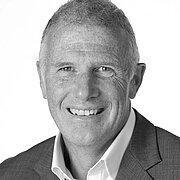
David Kinley is Chair in Human Rights Law at the University of Sydney and an Expert Member of Doughty Street Chambers in London; presently he is a visiting fellow at the Max Planck Institute in Luxembourg. Between 2000 and 2005 he was the Founding Director of the Castan Centre for Human Rights Law at Monash University, and was a founding member of Australian Lawyers for Human Rights in the early 19990s. He specializes in relations between the global economy and human rights and has worked for more than 25 years with governments, international organisations, law firms, corporations and NGOs in the field. His latest book, Necessary Evil: How to Fix Finance by Saving Human Rights was published in 2018 by Oxford University Press. He also has a TEDx video: How Much Do Banks Owe Us?
Discussants
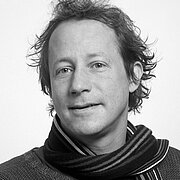
Daniel Augenstein is Associate Professor in the Department of European and International Public Law at Tilburg Law School. His research focuses on human rights in their constitutional, international and global dimensions. It examines the transformation of human rights under conditions of globalisation where different (state and non-state) regimes of protection intersect and compete with each other.
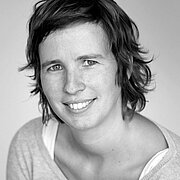
Carolijn Terwindt represents the Business and Human Rights Program at the European Center for Constitutional and Human Rights, where she works closely with workers and their families in Pakistan and Bangladesh on cases of corporate liability in the textile industry. She has published on a wide range of topics, including identity politics, anti-terrorism legislation, contentious criminalization, and the liability of pharmaceuticals off shoring their clinical trials.
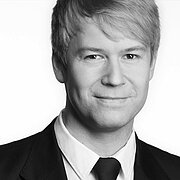
Moderated by Pierre Thielbörger is Adjunct Professor at the Hertie School and Professor of German Public Law and International Law, especially International Law of Peace and Armed Conflict, at the Ruhr University Bochum. He is also Executive Director of the Institute for the International Law of Peace and Armed Conflict (IFHV) in Bochum.
Chair
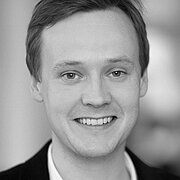
Mark Dawson, Professor of European Law and Governance at the Hertie School. His research focuses on the relationship between law and policymaking in the EU, particularly economic governance and human rights protection. Dawson was previously an Assistant Professor at Maastricht University, where he remains a scholar within the Maastricht Centre for European Law.

